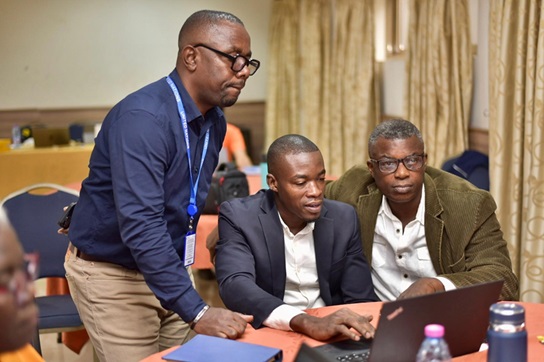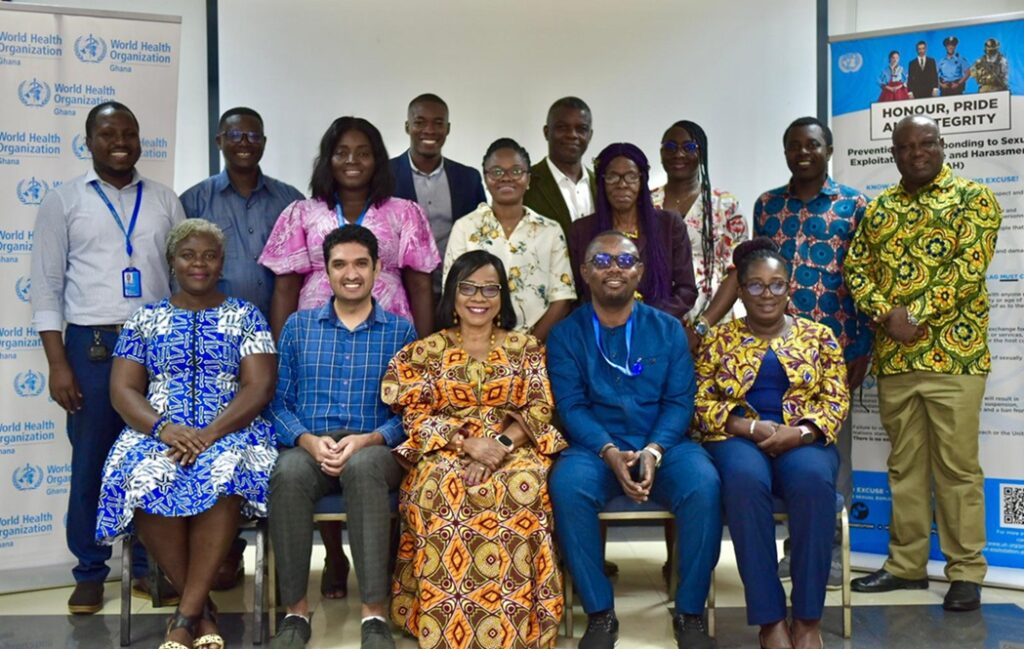WHO partners CSOs to address gender-based health inequities in Ghana
The World Health Organization (WHO) Ghana has partnered with Civil Society Organizations (CSOs) to tackle gender-based health inequities in the country, emphasizing the need for equitable healthcare for all. As part of these efforts,
The WHO organized a four-day capacity-building workshop in Kumasi to strengthen advocacy for gender equity within the health sector.
The initiative, which is supported by the Canadian Government’s Global Initiative on Vaccine Equity (CanGIVE), aims to empower CSOs to monitor health inequalities and address barriers in healthcare delivery, particularly those arising from gender inequality.

The workshop, attended by CSOs across the country, provided training on WHO’s Health Equity Assessment Toolkits, principles of gender equity, and strategies to prevent sexual exploitation and abuse.
Dr. Frank Lule, WHO’s Representative in Ghana, highlighted the importance of CSOs in advocating for equitable health services, especially for underserved groups, such as women, girls, and marginalized communities.
“By equipping CSOs with the right tools, we can move closer to achieving universal health coverage and equitable access to healthcare for everyone,” Dr. Lule noted.
Participants also engaged in discussions on gender-related barriers to healthcare, sharing experiences and strategies for promoting inclusive health policies. Mr. Peter Badimak Yaro, Director of Basic Needs Ghana, praised the workshop for enhancing the ability of CSOs to identify and address inequities in health. “The monitoring tools have helped us understand who is being left behind and why, enabling us to push for more gender-sensitive health policies,” he stated.
Other participants, like Mrs. Awurabena Guayeba Dadzie from World Vision Ghana, and Dr. Charity Binka from the African Media and Malaria Research Network (AMMREN), emphasized the need for collaboration in driving meaningful change. “We now have the tools to gather data and advocate effectively, but partnerships are key to ensuring healthcare services reach everyone,” said Dr. Binka.

The workshop underscored WHO’s commitment to working with CSOs to mainstream gender equity in healthcare and eliminate barriers that prevent underserved populations from accessing essential health services. Through continued collaboration, WHO and its partners aim to ensure that no one is left behind in the pursuit of universal health coverage.


